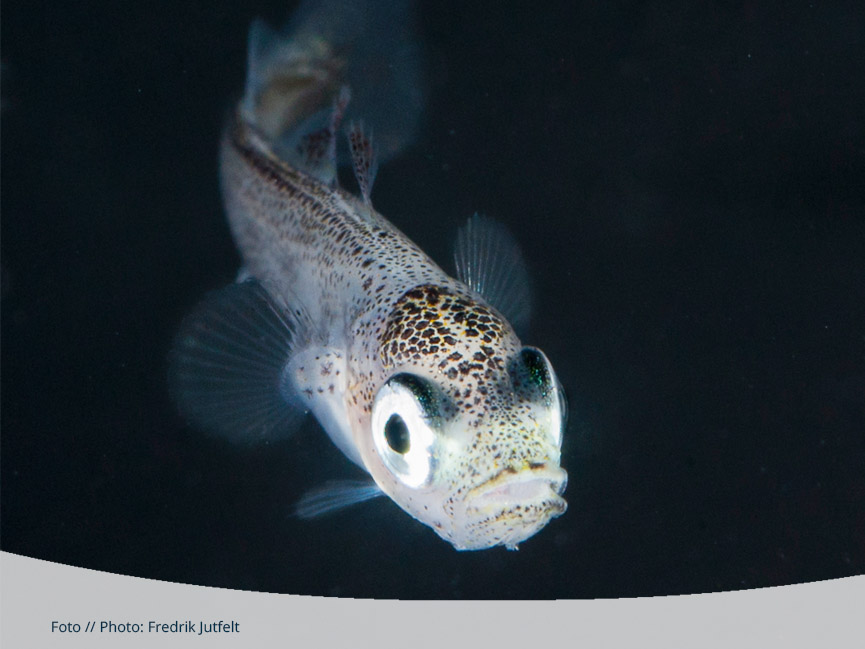
Foodweb changes
Fish and seafood feed people around the globe. Fisheries are an important source of income in many regions. But what does the future hold? In the Arctic, people already observe how ocean change alters marine food webs and how this influences their economy and culture.
How long will we be able to eat fish?
Around the world, people depend on fish and seafood for food security and on fisheries to earn their livelihoods. In some countries, fish are the most important source of protein. Fish and shellfish are considered as traditional or gourmet food not just in coastal areas. Small-scale fisheries can shape identities in indigenous cultures. A number of national economies highly depend on profits from fish export. However, more than a third of global fish stocks are rated as overfished. Establishing and safeguarding a sustainable use of these valuable resources is a major challenge for international policies.
Climate change increases pressure on exploited fish stocks. Ocean acidification and warming both put economically important species under severe stress and may considerably decrease their populations. Scientists argue that reducing catch rates might prevent stocks from collapsing and allow fish populations to cope with environmental changes.
Less energy for body functions
Laboratory and field experiments have revealed how ocean acidification and warming might hamper the development of fish and stock recruitment. Elevated temperatures may increase the energy demand of fish. Studies showed that prey for fish may be less abundant or less nutritious in a warmer and more acidic ocean. As a result, it is not guaranteed that all of the body functions of fish can be fuelled with energy. In some species, increased water temperatures and carbon dioxide concentrations can also impair the development during early life stages. Fish offspring depend on their yolk sac during the first few days after hatching. Size as well as energy content of the yolk sac is influenced by ocean acidification and warming, putting larval fitness at significant risk.
Towards a fairer fisheries management
Based on these results, BIOACID members demonstrated in model calculations that the fate of the most important North Atlantic wild fish stocks in the next 20 to 40 years will depend on technical progress in fishing gear, the demand for fish and the effectiveness of fisheries regulations, at least as much as on the other consequences of human-induced ocean change. The models highlight the urgent need to include direct and indirect effects of climate change in fisheries management strategies to avoid fish population declines. Taking climate change into account in fisheries regulations is crucial for an economically and ecologically viable use of fish stocks in the longer term.
READ MORE: Case study The Arctic – an early warning system // Case study Eyewitnesses of ocean change